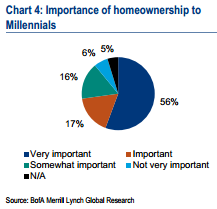Moving Expenses. Moving is time consuming, exhausting work, which is reflected in the cost of packing, moving and storage services. The average move of household goods in 2012 cost $12,459, according to Worldwide ERC. Naturally, costs vary based on a number of factors. The primary factor that movers consider is distance. Other variables affecting price include the size of the home and the weight of the contents of the home. Make sure that the movers inspect your home prior to moving day and provide you with a weight estimate of your belongings. Calculate an estimate of your moving fees, here.
 How to minimize moving expenses: The best way to keep moving costs low is to do as much of the packing and moving yourself. If you don't have access to a truck, consider renting a moving truck. U-Haul has trucks of all difference sizes that you can rent from one location and return at another. For a small extra fee, you can also rent protective mats to put furniture on. It's best to schedule ahead of time to ensure that the truck you need is available. If you are moving for work, you can request that your company cover relocation expenses, ideally before you accept the position or plans are finalized.
How to minimize moving expenses: The best way to keep moving costs low is to do as much of the packing and moving yourself. If you don't have access to a truck, consider renting a moving truck. U-Haul has trucks of all difference sizes that you can rent from one location and return at another. For a small extra fee, you can also rent protective mats to put furniture on. It's best to schedule ahead of time to ensure that the truck you need is available. If you are moving for work, you can request that your company cover relocation expenses, ideally before you accept the position or plans are finalized.




